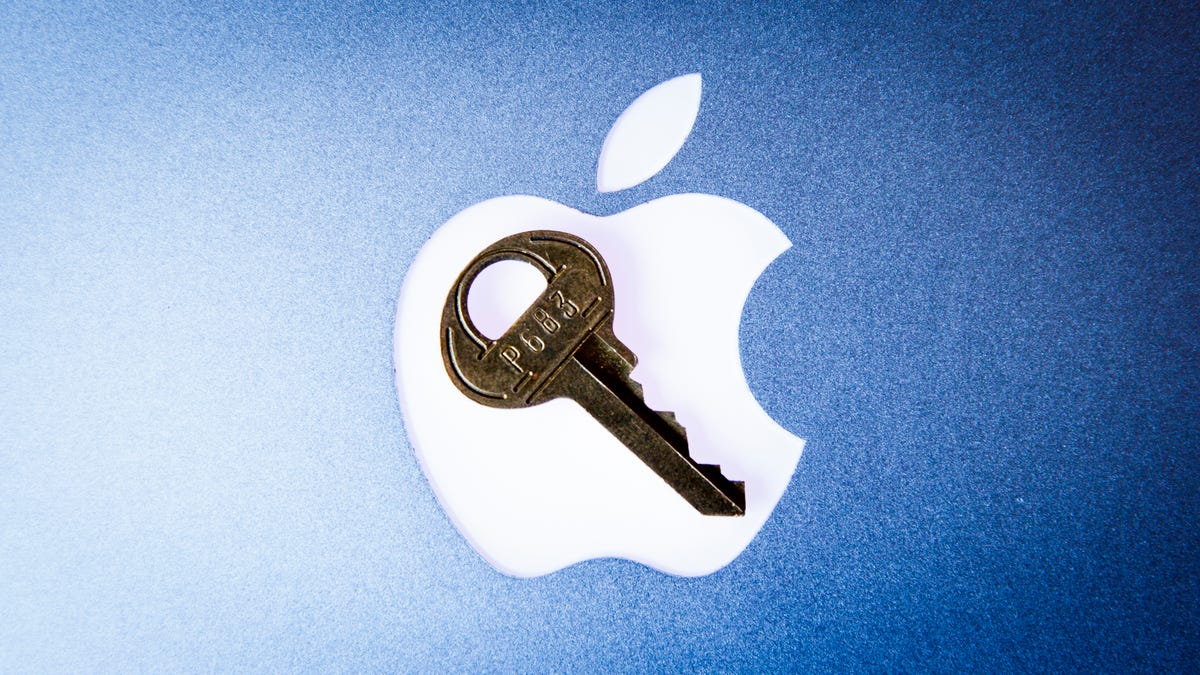FBI expects more legal actions over encrypted devices
The bureau will continue to fight to access encrypted phones as part of its war on terrorism, says FBI Director James Comey.

The effort to decrypt encrypted devices is far from over, says the director of the FBI.
The FBI's latest battle with Apple over iPhone encryption may be over, but the war will rage on, according to the bureau's chief.
FBI Director James Comey told reporters at a briefing Wednesday that he expects more legal actions from the government to gain access to encrypted electronic devices, Reuters reported. Comey pointed to the fight to unlock such devices as necessary in the name of national security and said that encryption is the "essential tradecraft" of terrorist groups.
Earlier this year, Apple and the FBI squared off over an encrypted iPhone 5C used by terrorist Syed Farook, one of two shooters in a December attack in San Bernardino, California, that left 14 people dead. The FBI wanted Apple to decrypt the phone to uncover its contents, but the iPhone maker resisted in spite of a court order. The showdown ended in March when the FBI was able to secure a tool from a third party that decrypted the phone, thereby revealing the information inside.
Tech firms and privacy advocates have argued that encryption, which secures data so it can be read only by those with authorized access, is vital to protect personal information and communications. The government and law enforcement officials have countered that the technology hinders their ability to investigate criminal and terrorist activity.
Comey said the debate over whether government officials can force tech companies to unlock devices used in terrorist or criminal cases is nowhere close to a conclusion. He added that the FBI has had around 4,000 devices in its possession since October and has been unable to unlock around 500 of them. None of those 500 phones has the same make and model or operating system as the iPhone 5C used by Farook, but the agency is still trying to use the same third-party tool to decrypt them.
However, legal action is not the ultimate answer to resolving the debate between privacy and national security -- something Comey himself acknowledged earlier this year. "We can't resolve these really important issues that affect our values -- technology, innovation, safety and all kinds of other things -- in litigation," Comey said in April, according to the Associated Press.
The identity of the third-party contractor that decrypted the iPhone 5C is such a well-guarded secret within the FBI that even Comey is not sure of it, a source within the government told Reuters. Comey said he had a "good sense" of the contractor's identity but couldn't give any names.
The FBI did not immediately respond to CNET's request for comment.

